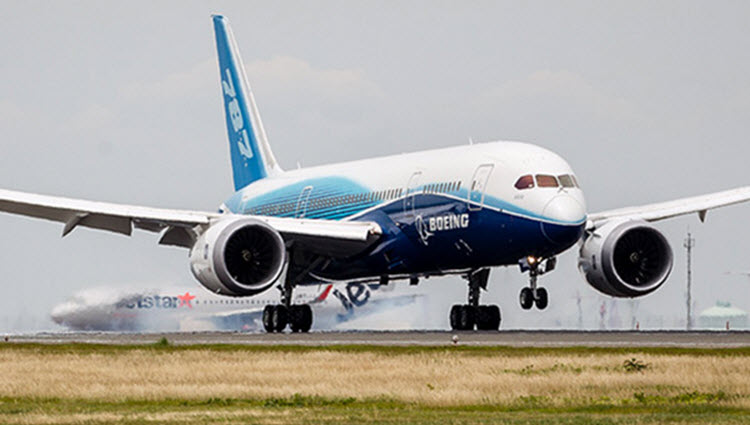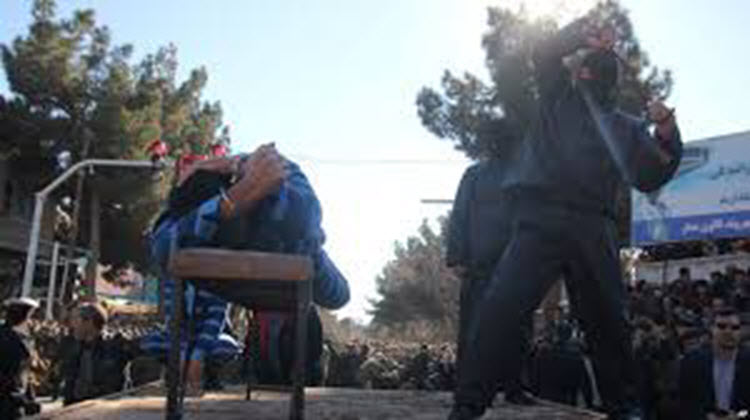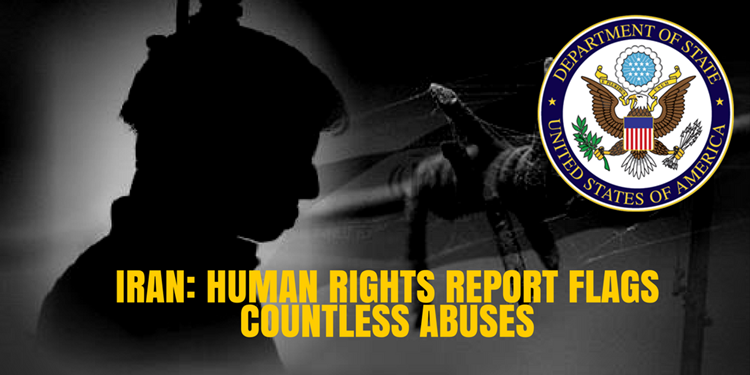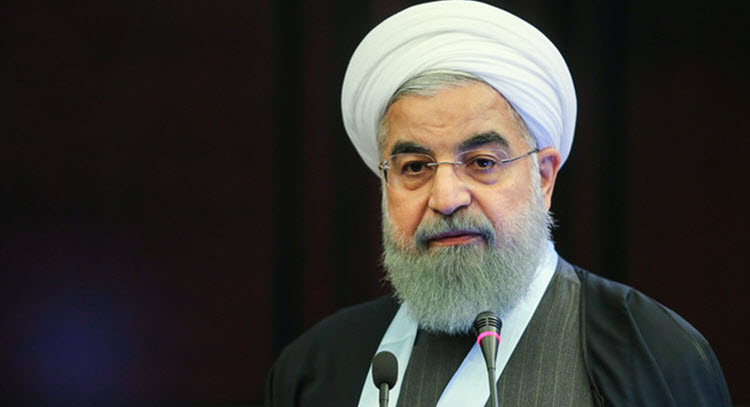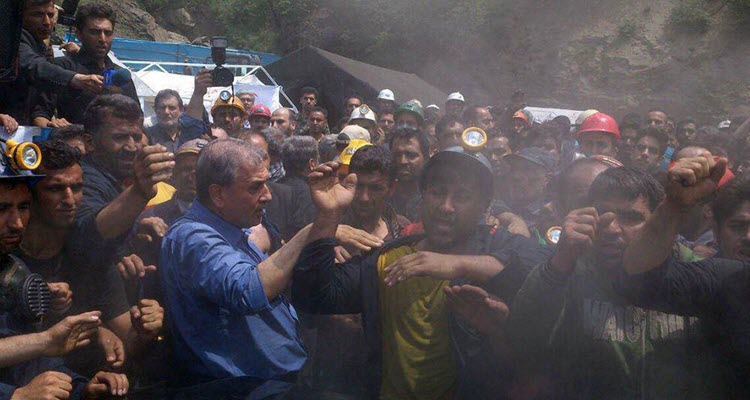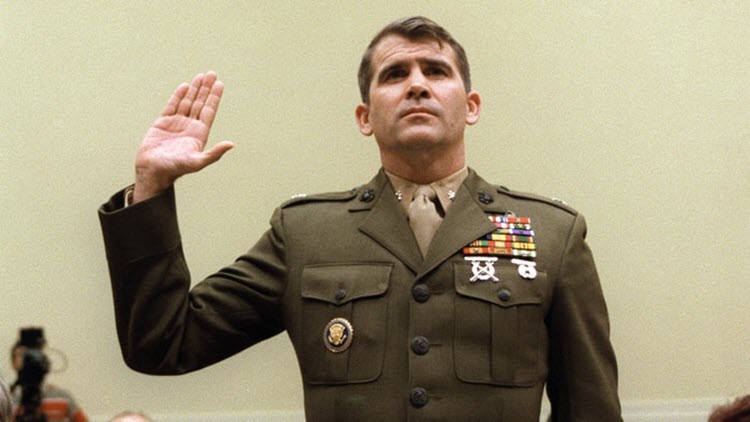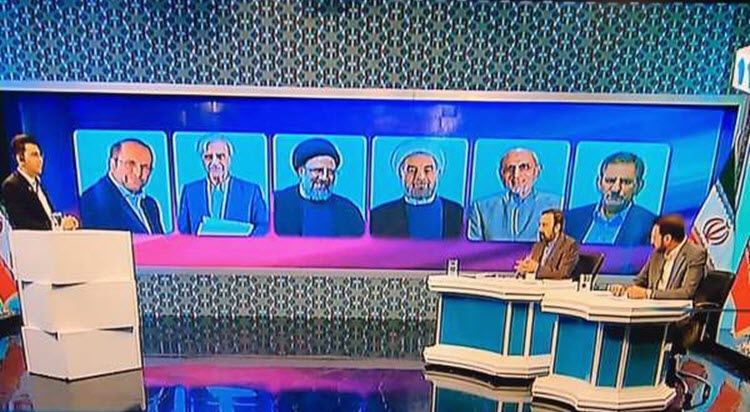
Regarding the Syrian conflict, both the United States and Russia agree on fighting terrorism, but still differ on specific issues. Foreign minister Sergei Lavrov, during his first visit to Washington since Donald Trump assumed office, will discuss with Rex Tillerson Iran’s role in Syria. It will also focus on Moscow’s support for Tehran’s Lebanon, Syria and Iraq, as perceived by Washington and Gulf states.
The new administration has established a strategy that consists of three phases: destroying ISIS, establishing de-escalation zones, and establishing peace.



